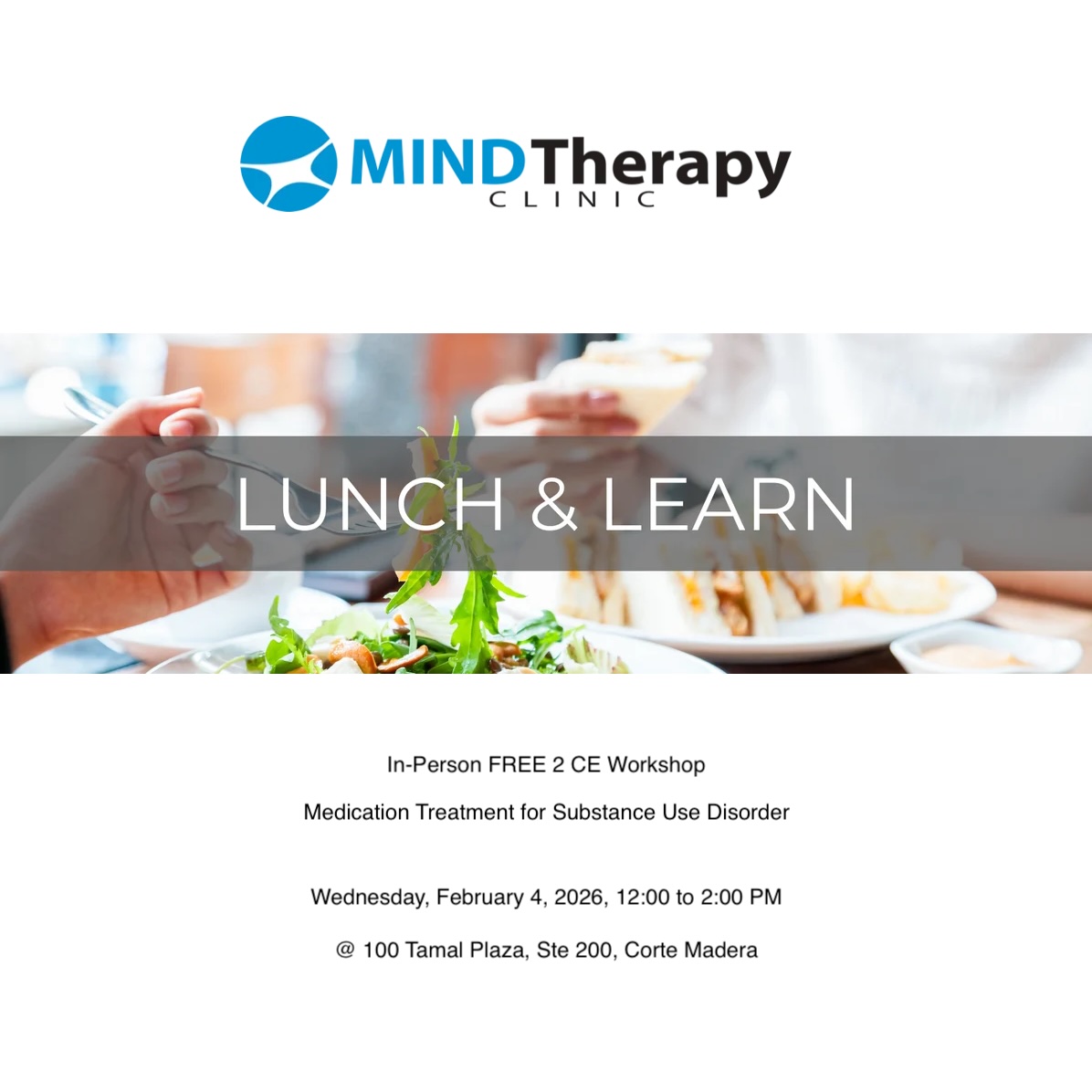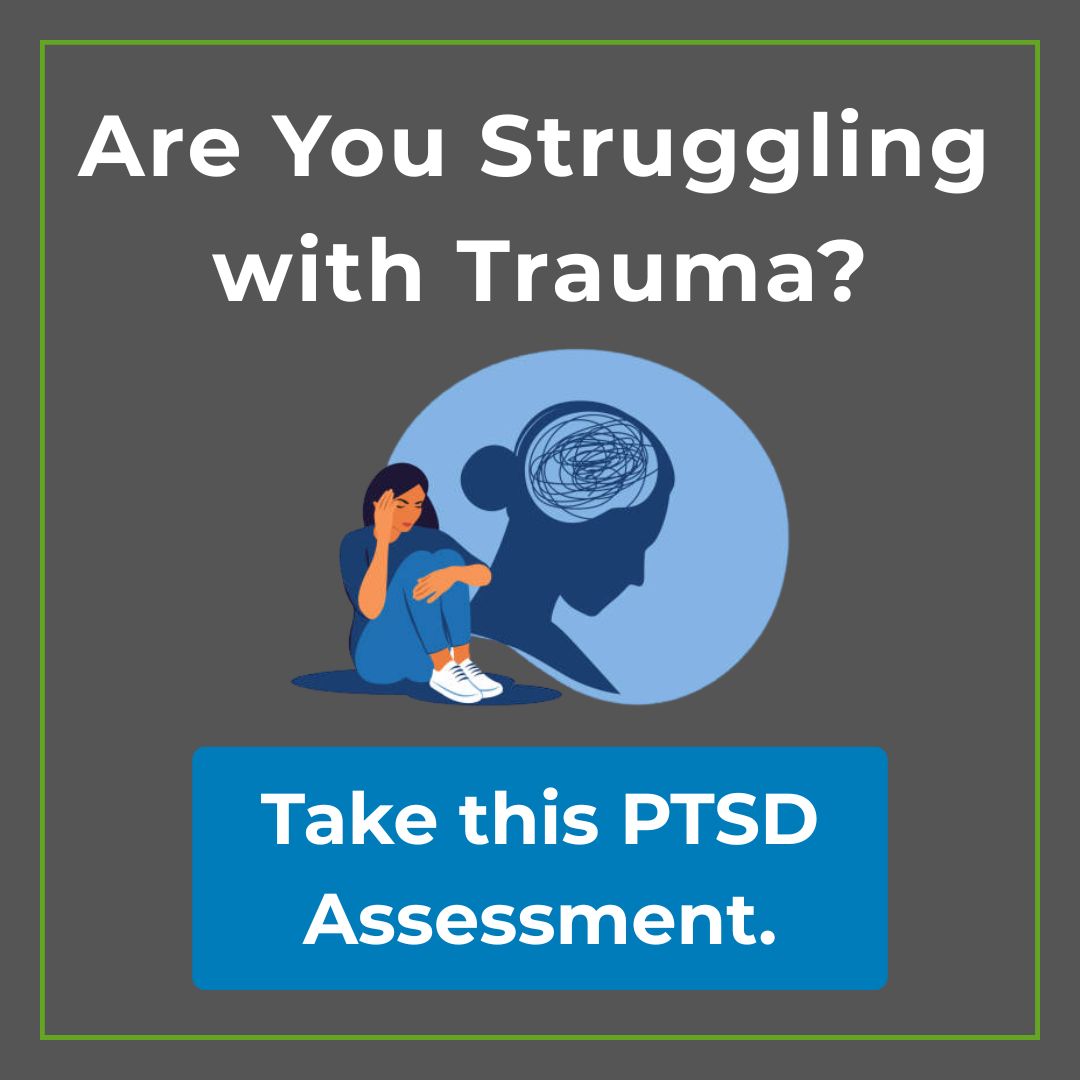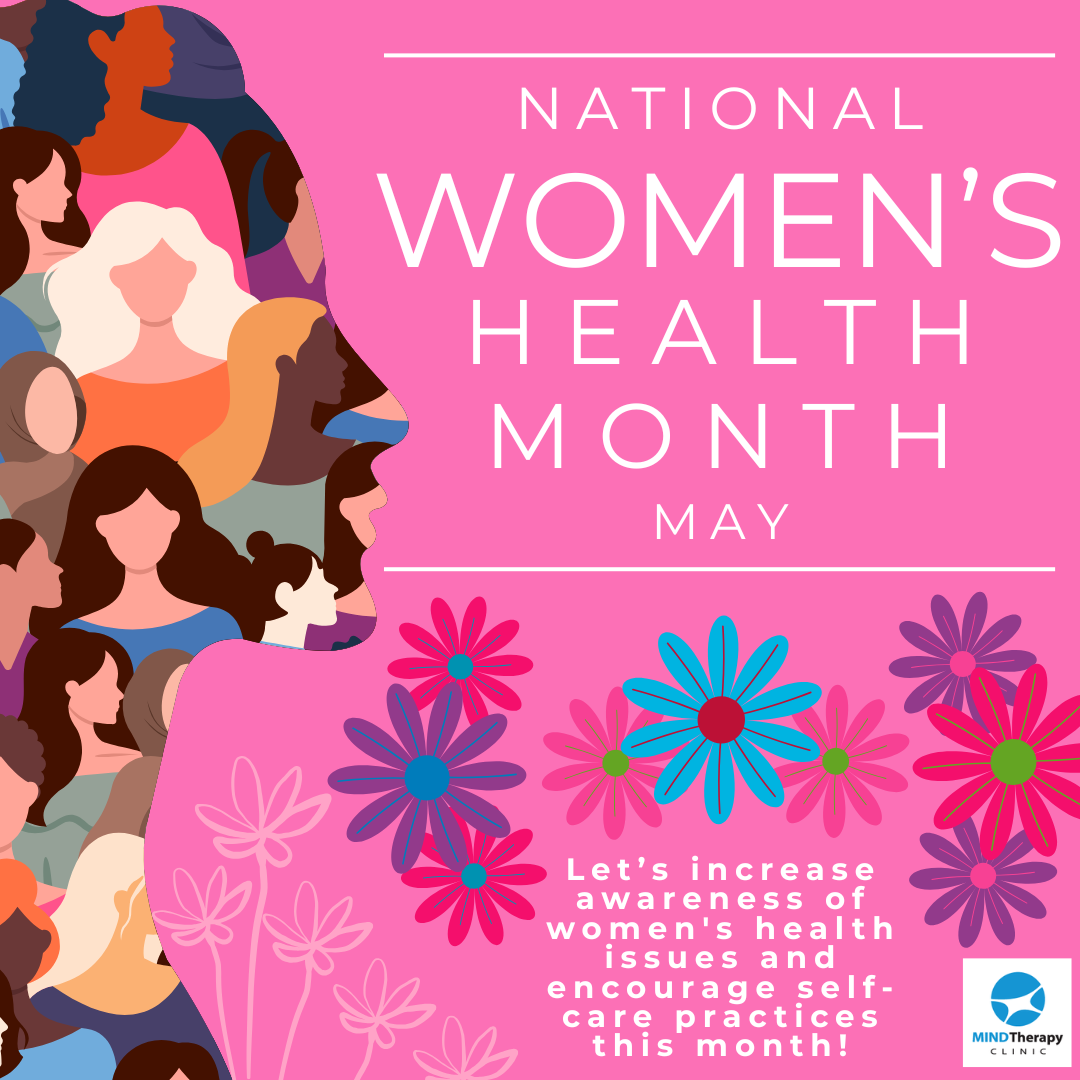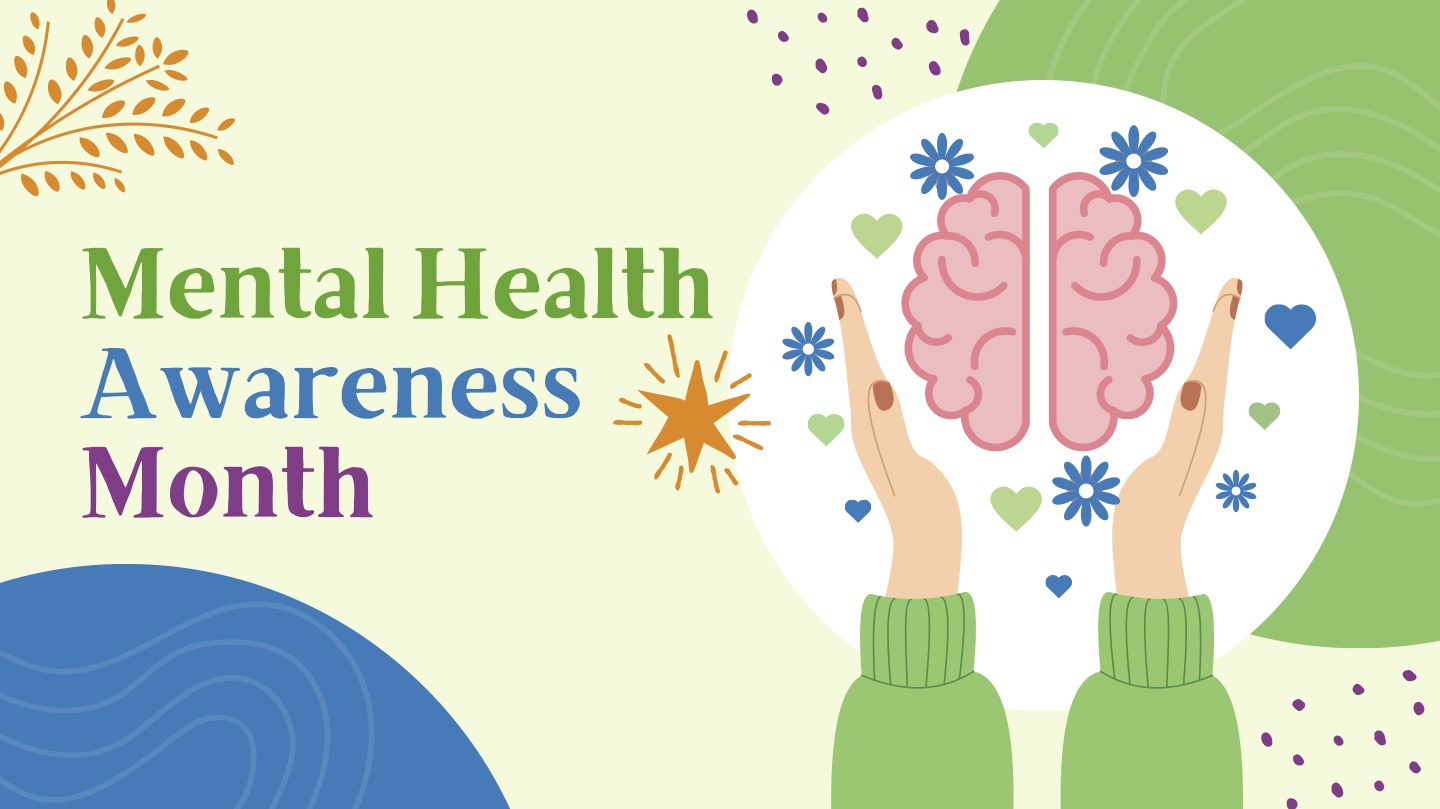| You are invited: In-Person FREE 2 CE Workshop Medication Treatment for Substance Use Disorder Wednesday, February 4, 2026, 12:00 to 2:00 PM@ 100 Tamal Plaza, Ste 200, Corte Madera |
| Please join Alison May, MD, and Mark Schiller, MD, at our clinic for a review of the role of medication in substance use disorder (SUD). The discussion will cover mechanisms, efficacy, and side effects of treatments, including off-label options. They will also share clinical pearls and insights into the future of SUD treatment. Learning Objectives: |
- List substance abuse trends relevant to clinical practice
- Explain the role of medication and options available for substance abuse treatment
- Apply screening approaches in identifying substance use disorders
- Describe different models of effective treatment of substance abuse, including mechanisms, efficacy, and side effects
| Presented by: Alison May, M.D. Alison May, MD is a Harvard-trained psychiatrist at Mind Therapy Clinic. With over 15 years of clinical and teaching experience, she is known for her integrative, patient-centered approach and commitment to meaningful human connection. Click here for more on Dr. May. |

| Mark Schiller, M.D., DFAPA Dr. Mark Schiller is a Yale-trained psychiatrist and the founder of Mind Therapy Clinic. With extensive clinical, research, and leadership experience, he is known for his compassionate, evidence-based approach to complex and addiction-related mental health care. Click here for more on Dr. Schiller. |

| Continuing Education Information on Continuing Education Credit for Health Professionals • CE credits for psychologists are provided by the Spiritual Competency Academy (SCA) which is co-sponsoring this program. The Spiritual Competency Academy is approved by the American Psychological Association to sponsor continuing education for psychologists. Spiritual Competency Academy maintains responsibility for this program and its content. • The California Board of Behavioral Sciences accepts CE credits for LCSW, LPCC, LEP, and LMFT license renewal for programs offered by approved sponsors of CE by the American Psychological Association. • LCSW, LPCC, LEP, and LMFTs, and other mental health professionals from states other than California need to check with their state licensing board as to whether or not they accept programs offered by approved sponsors of CE by the American Psychological Association. • SCA is approved by the California Board of Registered Nursing Provider CEP16887) for licensed nurses in California. RNs must retain their certificate of attendance for 4 years after the course concludes. •For questions about receiving your Certificate of Attendance, contact Jacqueline Perlmutter, Mind Therapy Clinic, jperlmutter@mindtherapyclinic.com. For questions about CE, contact Spiritual Competency Academy at info@spiritualcompetencyacademy.com. |









